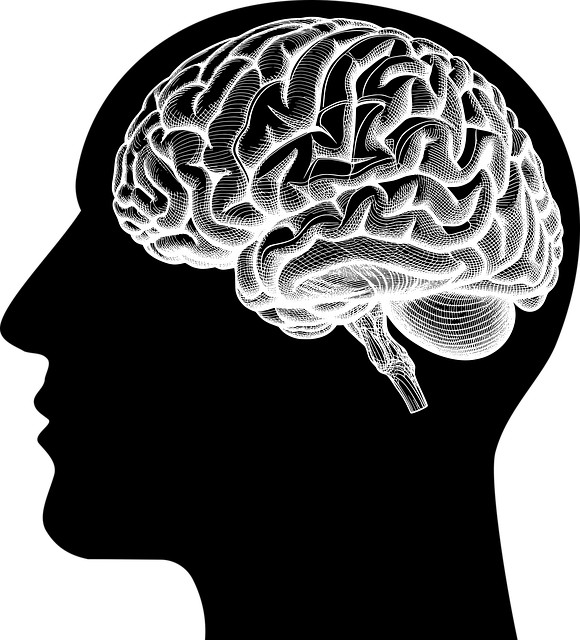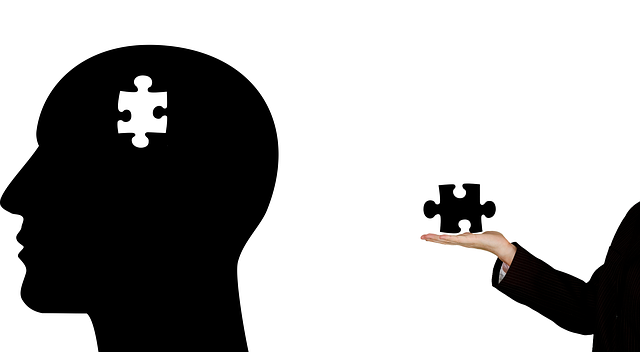Anxiety, a natural stress response, becomes debilitating when persistent. Unaddressed, it leads to severe mental health issues. Castle Rock Trauma Therapy offers specialized services that empower individuals with anxiety disorders using evidence-based practices like EMDR, CBT, and social skills training. They also advocate for proactive techniques like mindfulness, deep breathing, meditation, and yoga, along with self-reflection, to enhance emotional intelligence and reduce anxiety symptoms. Cultural competency among healthcare providers is crucial for improving treatment outcomes and accessibility.
Anxiety is a common challenge, affecting millions globally. Understanding its intricacies and impact on daily life is crucial for effective management. This article explores powerful tools for navigating anxiety, including insights into Castle Rock Trauma Therapy—a proven approach in addressing underlying issues. We delve into practical strategies tailored for everyday application, offering hope and guidance for those seeking to reclaim their calm.
- Understanding Anxiety and Its Impact
- Effective Castle Rock Trauma Therapy Approaches
- Practical Strategies for Daily Management
Understanding Anxiety and Its Impact

Anxiety is a natural response to stress or danger, but when it becomes persistent and overwhelming, it can significantly impact daily life. Understanding anxiety involves recognizing its various forms, such as generalized anxiety disorder, panic attacks, or social anxiety, each with unique manifestations. The effects of anxiety are far-reaching; it can lead to physical symptoms like rapid heartbeat and insomnia, cognitive impairments affecting focus and decision-making, and emotional distress. Left unaddressed, chronic anxiety can contribute to more severe mental health issues and negatively impact overall mental wellness.
Seeking professional help is a proactive step towards managing anxiety effectively. Castle Rock Trauma Therapy offers specialized services designed to provide individuals with the tools to overcome anxiety disorders. Through evidence-based practices tailored to each client’s needs, therapists aim to enhance coping mechanisms and promote resilience. Additionally, ensuring cultural competency among healthcare providers is vital, as it fosters better patient care. Training in this area enables professionals to deliver mental health services that are sensitive to diverse cultural backgrounds, thereby improving treatment outcomes and accessibility. A thorough risk assessment for mental health professionals is also essential, addressing potential hazards and ensuring the safety of both clients and practitioners.
Effective Castle Rock Trauma Therapy Approaches

Castle Rock Trauma Therapy offers a range of effective approaches to tackle and manage traumatic experiences. One prominent method is Eye Movement Desensitization and Reprocessing (EMDR), which has proven successful in helping individuals process and overcome distressing memories. This therapy facilitates the brain’s natural healing process through bilateral stimulation, such as side-to-side eye movements, while the person recalls a traumatic event.
Additionally, Cognitive Behavioral Therapy (CBT) is another powerful tool within Castle Rock Trauma Therapy. CBT focuses on identifying and changing negative thought patterns associated with trauma, thereby improving emotional regulation and enhancing coping strategies. This approach empowers individuals to develop healthier perspectives and build resilience, effectively managing anxiety and preventing future relapses. Techniques like Social Skills Training and Confidence Boosting are also integrated into therapy programs to support clients in rebuilding their lives after traumatic events.
Practical Strategies for Daily Management

Incorporating practical strategies for daily anxiety management is a proactive approach to maintaining mental health. Techniques like mindfulness and self-awareness exercises have proven effective in reducing anxiety symptoms. Taking a few minutes each day to engage in deep breathing, meditation, or yoga can significantly calm the mind and body. These practices, often taught by Castle Rock Trauma Therapy professionals, empower individuals to cultivate inner resilience against stress and anxiety.
Furthermore, enhancing emotional intelligence through self-reflection and understanding one’s triggers is another valuable strategy. Mental Health Awareness advocates emphasize the importance of recognizing and naming emotions as they arise. By developing a vocabulary for emotions, people can better navigate and manage their responses to challenging situations, thereby reducing the intensity of anxiety symptoms over time.
Anxiety management is a multifaceted approach, combining understanding, therapy, and daily strategies. By recognizing the impact of anxiety and exploring effective techniques like Castle Rock Trauma Therapy, individuals can effectively navigate and manage their symptoms. Practical strategies for daily living enhance overall well-being, allowing folks to thrive despite life’s challenges. Remember that managing anxiety is a journey; with dedication, these tools can foster resilience and a more peaceful mind.











